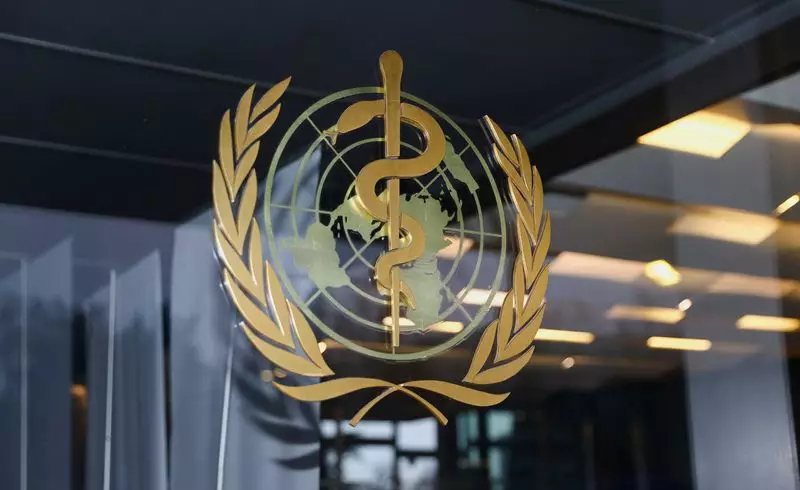The announcement of the United States’ withdrawal from the World Health Organization (WHO) sends ripples of concern across the globe, particularly in Africa, where health initiatives could be severely impacted. The Africa Centres for Disease Control and Prevention (Africa CDC) has voiced apprehensions regarding this decision, which will create significant challenges amidst an already strained public health landscape. Without the financial support historically provided by the U.S. government through WHO channels, many African nations might strain to sustain their health programs aimed at combating diseases and improving health outcomes.
For years, the WHO has been crucial in providing support and funding for public health initiatives across Africa. Countries across the continent have relied heavily on the financial investment from the U.S. to achieve significant advancements in health delivery systems. Senior Africa CDC official Ngashi Ngongo highlighted this reliance, asserting that the withdrawal could undermine the progress made in health programs designed to fight infectious diseases like HIV/AIDS and malaria. This underlines a critical vulnerability within the continent; without alternative funding sources, African nations may need to reconsider their health strategies radically.
In light of the impending funding void, there are urgent calls for African countries to explore alternative financing mechanisms. This situation compels African leaders to rethink the very foundations of how public health is funded. It is imperative for governments to establish robust financial strategies that do not solely depend on external funding but instead leverage local resources, partnerships, and innovative funding models. Countries must explore collaborative opportunities with non-African financial supporters or engage in creative initiatives that could secure necessary funding for sustainable public health efforts.
There are additional risks associated with this withdrawal beyond direct funding cuts. Ngongo expressed concern over the potential jeopardization of joint action plans that have been in development with the U.S. government. Such collaborations are essential for tackling complex health challenges that require multi-national cooperation and resources. The disruption of these partnership initiatives could hamper Africa’s ability to build a cohesive and effective response to health emergencies, further complicated by the continent’s struggles with disease outbreaks and epidemics.
As the African health landscape faces this looming challenge, there is an urgent need for collective action. African nations must prioritize health reform, advocate for more equitable funding policies, and strengthen intra-continental collaboration. By uniting to establish a more resilient health system, African countries can safeguard their health initiatives, ensuring that they remain effective in their responses to public health crises. The emphasis should be on fostering sustainable healthcare practices, which are less susceptible to the fluctuations of international aid. Thus, the unfortunate choice by the U.S. could serve as a pivotal moment, urging the continent to innovate and redefine its approach to public health funding and management.

